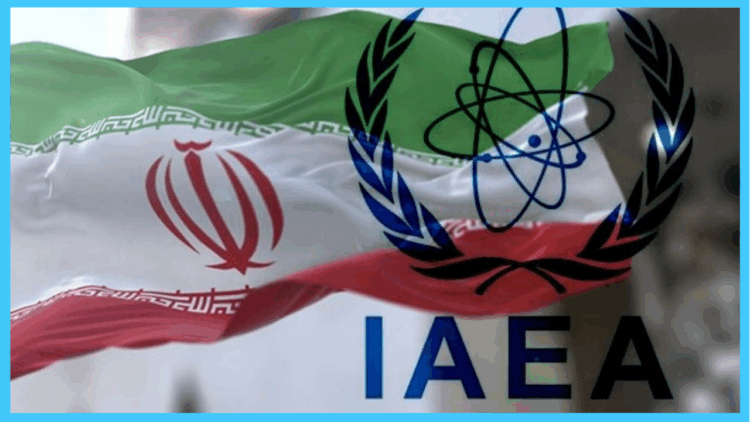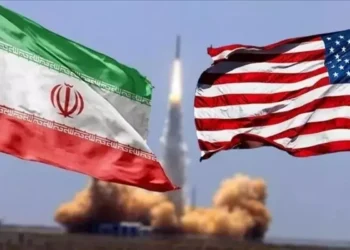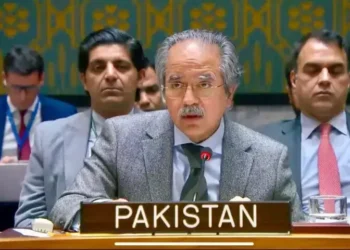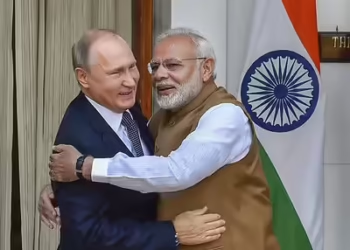WASHINGTON; Inspectors from the United Nations’ nuclear watchdog, the International Atomic Energy Agency (IAEA), have returned to Iran after months of suspended cooperation, following the country’s brief war with Israel and subsequent U.S. airstrikes targeting its nuclear facilities.
Tehran had halted its collaboration with the IAEA in June, during a 12-day conflict sparked by an unprecedented Israeli strike, accusing the agency of failing to condemn what it described as unlawful attacks by Israel and the United States on its nuclear infrastructure.
“Now the first team of IAEA inspectors is back in Iran, and we are about to restart,” IAEA Director General Rafael Grossi said in an interview with Fox News on Tuesday. He noted that while “many Iranian facilities were attacked and some were not,” discussions are underway to define “practical modalities” that would allow the agency to resume its oversight.
The resumption of inspections coincided with fresh diplomatic talks between Iran and the European powers — Britain, France, and Germany — in Geneva. Tehran is attempting to prevent the activation of the so-called “snapback mechanism,” a clause in the 2015 Joint Comprehensive Plan of Action (JCPOA) that allows the reimposition of UN sanctions if Iran is deemed non-compliant.
Kazem Gharibabadi, Iran’s deputy foreign minister and representative at the Geneva talks, urged the European trio to avoid escalation, saying it was “high time to make the right choice and give diplomacy time and space.”
European diplomats, however, have warned they may trigger the snapback mechanism by the end of August unless Iran curbs its uranium enrichment program and restores full cooperation with the IAEA.
The June conflict not only disrupted Iran’s nuclear negotiations with Washington but also soured its relations with the UN watchdog, with Tehran partly blaming the IAEA for failing to shield its facilities. Israel, for its part, has justified the strikes as necessary to prevent Iran from obtaining nuclear weapons — an allegation Tehran has repeatedly denied.
The 2015 nuclear agreement, already weakened since former U.S. President Donald Trump’s unilateral withdrawal in 2018 and the reimposition of U.S. sanctions, now faces renewed pressure as both sides weigh diplomacy against confrontation.



































































